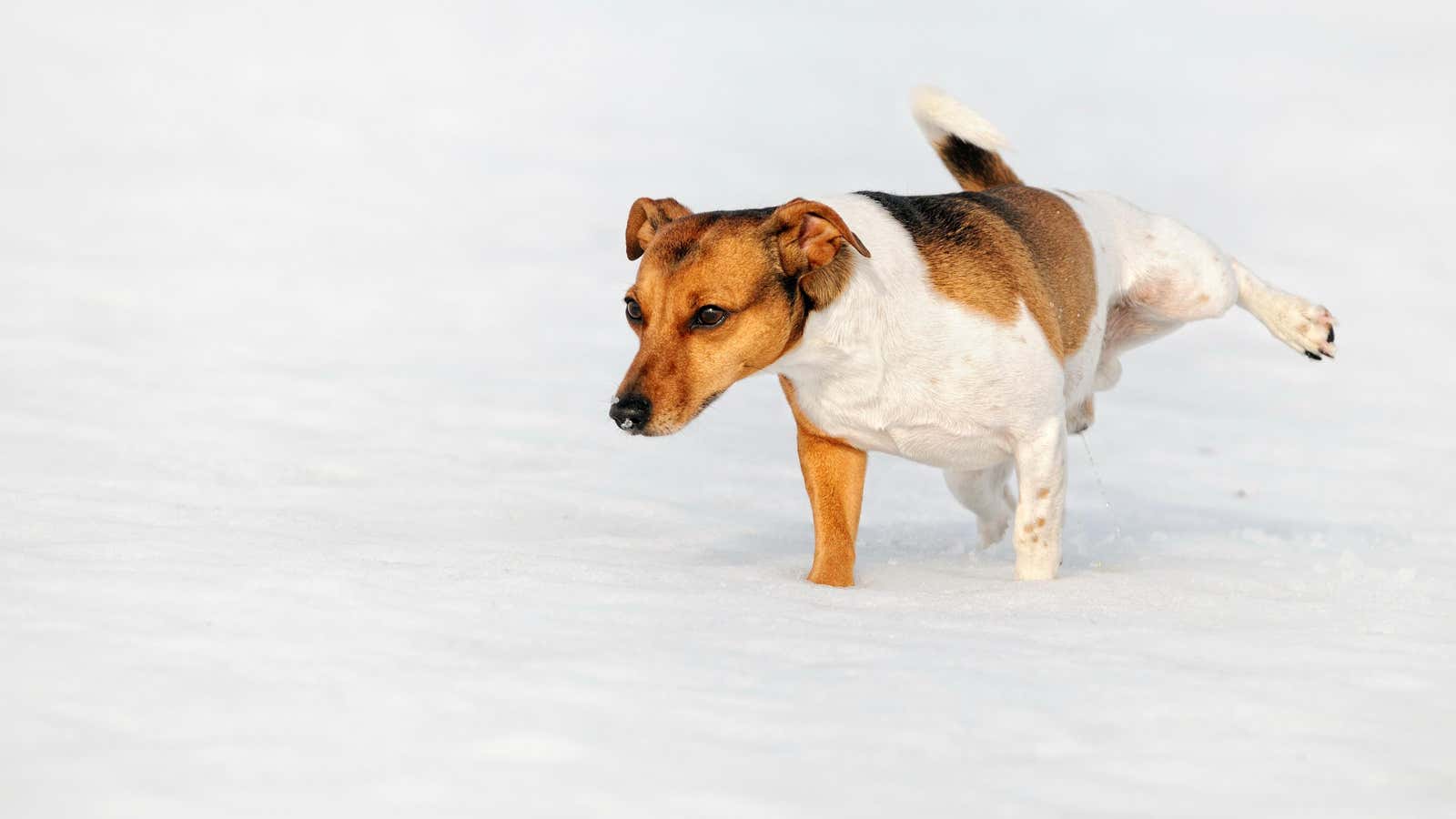Why Does the Cold Make You Pee

Imagine yourself outside in a cold winter landscape. The toes are chilly, and the cold air burns the face. The sounds are muffled by the snow. You can smell the pure freshness in the air. And your bladder most likely feels like it’s about to burst. What happened to it ?
It’s not just Murphy’s law that makes you go once you’re all wrapped up. The cold itself seems to make our body fill the bladder faster. This phenomenon is known to scientists as cold diuresis .
What is cold diuresis?
One of the ways our body copes with cold is by constricting the blood vessels around the skin so that our blood (which is warm) circulates more around our organs and is less exposed to cold temperatures near the surface of our skin. This is due to why your fingers and toes begin to go numb.
But if there is less blood in the outer parts of our body, that means there is more blood circulating around our organs. Internally, our blood pressure is a little higher than usual.
And that means our kidneys are now filtering our blood a little faster than usual. The result of this filtration is, you guessed it, urine. Thus, our bladder fills faster than otherwise.
What to do with cold diuresis
Fortunately, cold-induced diuresis is more of an annoyance than a problem. You may want to go to the bathroom before going out into the cold, instead of having the urge to hit you a few minutes after you leave the house.
Association can also help. Remember that this is our body’s reaction to feeling cold, so if you dress warmly enough, you may not get this reaction at all.
Also be aware of dehydration. If you constantly get colds and then urinate more than usual, you may be more dehydrated than you think. So if you feel very thirsty when you get home after a long day outdoors, be sure to drink.